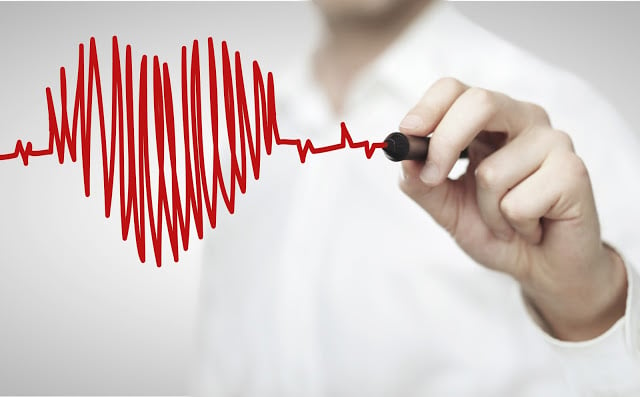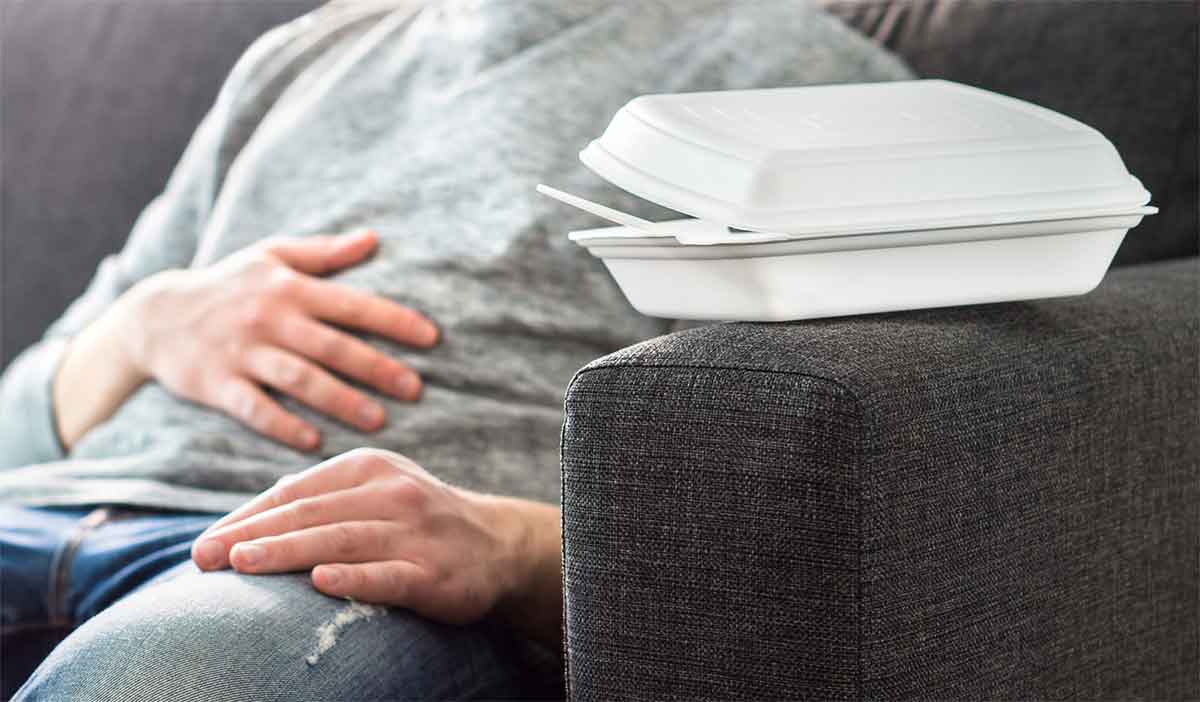Your doctor has ordered a stress test. This is a very common diagnostic test of heart function - a way for doctors to see just how hard your heart works when your body is working its hardest. A stress test might be done do the doctor can evaluate your overall health or if you are showing signs of coronary distress. If you've been told you need a stress test or treadmill test, you might be wondering what to expect, how to prepare, and what happens next.

What is a stress test
A stress test is an electrocardiographic (EKG) test of heart function before, during, and after a controlled period of increasingly strenuous exercise (as on a treadmill). A stress test is often referred to as an exercise test or a treadmill test. While exercising, you will be hooked up to an EKG machine so that your heart rate and activity are monitored during exertion. As your body works harder during the test, it requires more fuel and your heart has to pump more blood. The test can show if there's a lack of blood supply through the arteries that go to the heart.
What to expect from a stress test
When you arrive, EKG pads will be attached to your skin under your clothes. The technician will check your heart rate and breathing. Then you will be asked to step onto the treadmill. You'll start by walking slowly. The person administering the test will gradually increase the speed and/or grade of the treadmill to see how your heart performs at different levels of exertion. If you experience chest pains, weakness, or fatigue - tell the technician immediately. You will be able to stop the test at any time you feel uncomfortable. After the test, you will gradually stop exercising and your heart rate and breathing will be monitored for a short while afterward.

How to prepare for a stress test
Before the test, you will have a screening appointment with your doctor. Be sure to discuss any concerns you have about the test and any conditions you have that make exercising difficult - for example arthritis or a sore back. If you have diabetes, as your doctor if your glucose levels will need to be monitored as well since exercise affects blood sugar.
At this time, your doctor will give you instructions to prepare for the test. Commonly, people are asked to:
- Avoid eating, smoking, or drinking caffeinated beverages for 2-4 hours before the test
- Stop taking certain medications - only as directed by your doctor
On the day of the test, wear loose, comfortable clothing and supportive, comfortable shoes such as athletic sneakers or walking shoes.
The risks associated with a stress test are low because your doctor will screen you for potential issues ahead of time and only order the stress test if he or she feels that your heart can handle it. The test itself is done under the supervision of a trained medical professional in case anything unusual happens during the test. Be sure to discuss any concerns you have about the test with your doctor during your screening appointment.
What happens after the stress test
Your doctor should have the results from your test within a few days. A stress test can tell your doctor:
- if you have irregular heart rhythms
- if you have symptoms of coronary artery disease
- if previous treatments for heart disease are working
- what level of exercise is healthy for you
Your doctor may need to order additional tests or treatments based on the stress test results.



